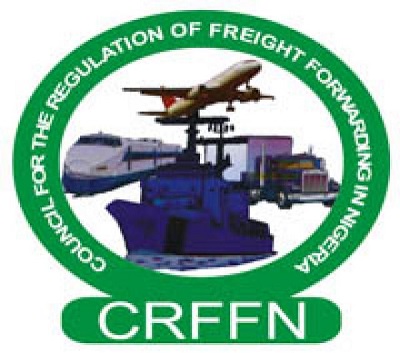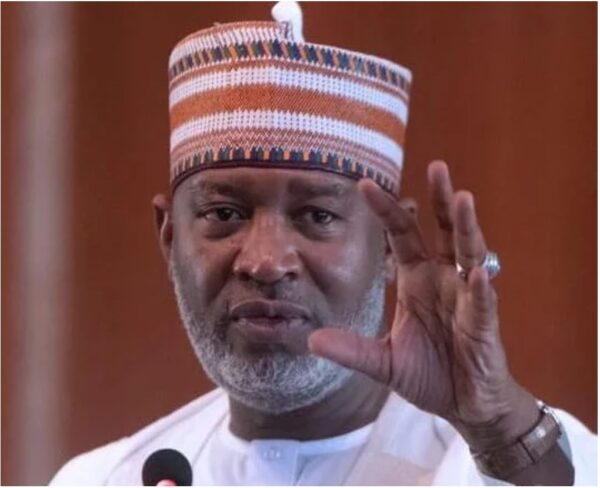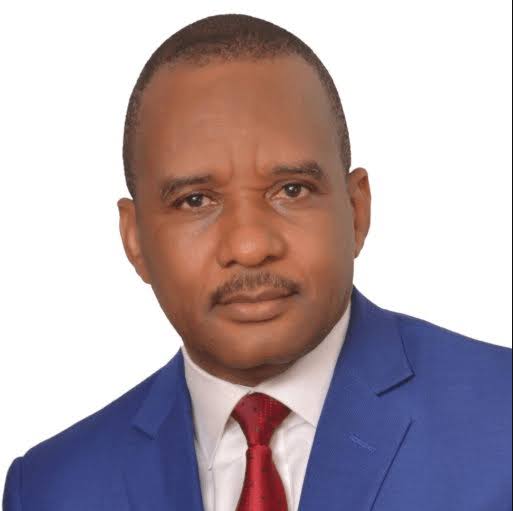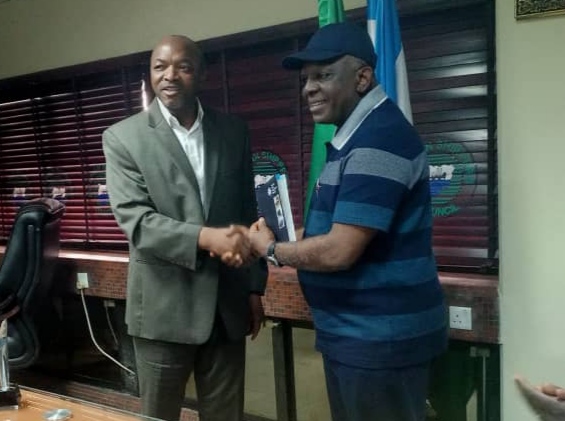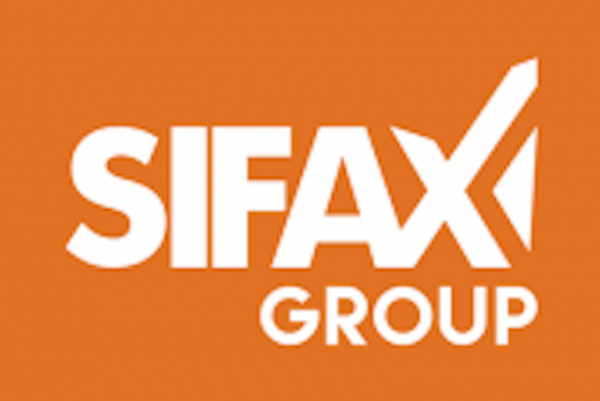How Ministry, Freight Agents, Others Rendered CRFFN “Impotent”
The serial non-productivity status of the Council for the Regulation of Freight Forwarders in Nigeria (CRFFN) in recent times has been attributed to numerous factors.
According to some sources in the Council, the problem of the establishment is essentially leadership and the Minister of Transport, Rt. Hon. Rotimi Amaechi has not helped matters with his indifference.
“Nobody is looking at the agency. Amaechi visited all the parastatals on assumption of duty, but did not come here (CRFFN); not even the Permanent Secretary has visited. They should come and see that we are waiting for undertakers. We have been stock with one leadership for eight years. If we can’t have a change, let there be activities in CRFFN. Some members of staff can be away from office for months and nobody cares because there is no job to do,” the sources asserted.
The source further noted that it was this seeming idleness and uncertainty in the responsibilities of the Council that necessitated the allocation of the bulk of the Council’s 2017 budget to the tune of N2billion to the Nigerian Institute of Freight Forwarders and Customs Brokers (NIFFCB), the training arm of the Council, all in the bid to comply with the new Federal Government’s condition on fiscal discipline in budgetary appropriations.
“This is because NIFFCB is training to generate money, CRFFN does not. But where are the people to conduct the training at the Institute? It does not have a structure. While over 100 new persons have been employed in CRFFN between January and May 2017, nobody was employed in NIFFCB; not even the ones there have been absorbed.” They added.
They equally alleged that the Council’s recession to oblivion was the reason it was not mentioned among the critical stakeholders that will ensure that the presidential executive order on the ease of doing business in the port was carried out.
Reacting to this, the Registrar of the Council and Chief Executive Officer(CEO), Sir Mike Jukwe told MMS Plus that CRFFN was included but was only officially briefed penultimate Tuesday, adding that “the Council is not in a lacuna”, in response to question on the functionality inertia in the council.
Meanwhile, recently at the public hearing on the CRFFN Act 2007 amendment bill at the National Assembly, the former Chairman of the Governing Board of CRFFN, Hon. Iju Nwabunike identified the presence of unnecessary membership of some government institutions and agencies as one of the problems of the Council, advocating for more powers for the Governing Board.
The CRFFN Act provides that representatives of some government agencies be included in the Governing Board. They are: Nigerian Institute of Transport Technology (NITT), Zaria; Nigerian Railway Corporation (NRC); Nigerian Shippers’ Council (NSC); Nigerian Ports Authority (NPA); Maritime Academy of Nigeria (MAN) Oron, Federal Ministry of Transport (FMOT); Federal Ministry of Education; Nigeria Customs Service (NCS), among others.
According to Nwabunike, “We need to remove all these people. Why do we have two training institutions from the transport sector and yet have a representative from the Ministry of Education? What is NCS doing in CRFFN board when they have refused to have customs licences issued on the basis of CRFFN registration?”
He also objected to the amendment in the bill that the President shall appoint the chairman of the Council on the recommendation of the Minister of Transport, saying that the current practice which allows the chairman to be democratically elected from among the freight forwarders be upheld.
He posited that the problem of CRFFN is that everybody wants to be heard, noting that “it is a good platform given to us to excel but we sing discordant tunes every time. Many of us do not know what we have.”
The National Association of Government Approved Freight Forwarders (NAGAFF), he said, claims that CRFFN is not a parastatal, “If it is not a parastatal, why are you collecting government money? If you don’t want government control you don’t collect their money. So, the fundamental error is the wrong classification of the Act. So there is need for a total review but the board must be set up. And when this is done we will now set up a constitution review committee.”
The Association of Nigerian Licensed Customs Agents (ANLCA) had also gone to court over the collection of the Practitioners Operating Fees (POF), insisting that the Governing Board of the Council must be constituted for its directive to have binding effect on the associations, thereby creating operational hiccup for CRFFN.
“While I support ANLCA on their stand, members of the governing board are too many and they do nothing. So these are the problems in CRFFN. I am speaking from the vantage position of the pioneer chairman of the board. If we don’t want government control, we can do it but we must desist from collecting money from government.
“For CRFFN to survive, Section 19 A and B of the Act must be operationally observed. It says that before Customs licences any freight forwarder or customs agent, the person must be certified by CRFFN. At this point where you renew your license you pay your annual practicing or subscription fees.” He submitted.

